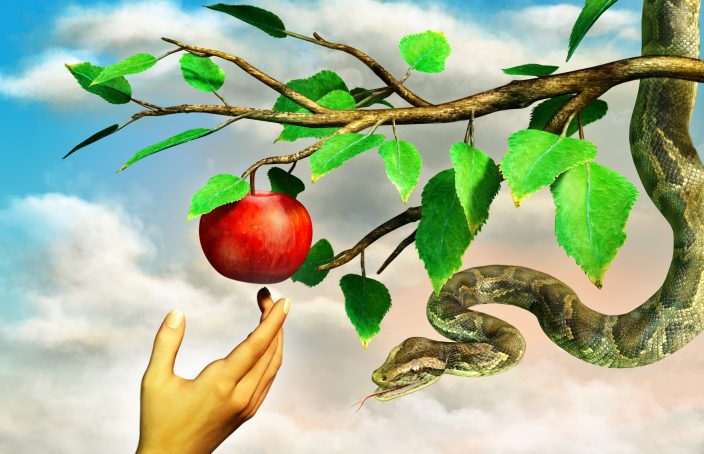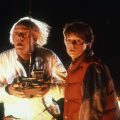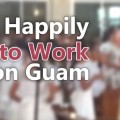Pause and Think Before You Pick
The fault of our biblical first parents, Adam and Eve, might not have been taking a bite from the forbidden apple so much as detaching it from the tree. The tree was located in the middle of the garden, so it was prominently displayed. More importantly, the tempter suggested that picking the fruit of the tree would offer special knowledge—the kind that would empower the couple to do whatever they wished.
Even before Eve took the first bite, she was doomed. She had plucked the fruit from the tree, detached it from the source. And we have been doing the same thing ever after in the hope that we find the wisdom that eluded Adam and Eve.
What does all this mean? It means that in our quest for understanding of our world, we have been plucking objects from this world of ours and examining them apart from their natural environment in the confidence that we can use them as we please.
Sex is one example. This is certainly one plump, sweet apple that has been plucked and studied in dozens of different ways—anatomically, psychologically, gender-wise, etc. The studies have yielded all kinds of helpful insights in various academic fields, describing the impact of sex in multiple ways. The temptation, though, has been to remove the core and slice the apple up for consumption upon demand. But the treat has been detached from the tree, disconnected from its environmental roots—the larger world—and offered as a snack. Sometimes it serves as no more than a tasty treat, sometimes it’s a way of staving off deeper hunger until one finds a more nutritious food.
The problem is that sex, like so many other items in this world of ours, can too easily be processed as an easy-to-eat, what-you-see-is-what-you-get snack. But to ignore the deeper desires that link sex to real love is to forget that sex can sometimes crush dreams and break hearts, however unintentional the damage might be.
So study the apple all you want. But when it comes to determining what should be done with it, our conclusions should be made on the basis of the big picture—the relation of this gift to the other more embracing gifts in this world of ours.
There are other examples of the same thing. Take oil and coal, the gifts that we have for so long snapped from the branches (or, to correct the metaphor, dug or drilled from the earth) to provide power to do what used to be unimaginable work. There was little doubt about the efficiency that the fuels provided mortal creatures desperate to expand the products they were busily creating for themselves. All well and good, until we began to recognize that fuels, like apples, were not an isolate. Fossil fuels might not have been bound to branches by stems, but their links to the rest of the world were no less real, we discovered as we began to measure their impact on hydrocarbon emissions. Oh oh! Time to hit the reverse button!
Or what about logging? It provides wood for many purposes, and the empty forest areas can be replanted. Trees are replaceable, after all! Ah, but there are still higher level consequences of the loss of forests when it comes to the fine-tuning of the atmosphere. By this time most of us are now alert to what the loss of the Amazon wilderness can mean: failure to absorb the excess carbon dioxide that risks changing weather patterns in our world.
Here we are in the garden today. It might be a lot messier than it was for those biblical ancestors: many of those trees reduced to stumps, animal carcasses littering parts of the garden. But the original concept remains in force. This is a limited area in which everything is interrelated in ways that we are only beginning to understand in the past few centuries, and more forcefully in just the past few decades. It’s not just the environment that is linked, but ourselves to the environment in ways that are only now being perceived. Then, there is that other connection between what we seek to do (make a little money, provide building supplies, have a little fun on a lonely weekend) and the results of our activities, whether intended or not.
Don’t pick that apple without recognizing the consequences of what you’re doing. It’s related to so much else in this interlinked world of ours that it can never be entirely understood as an object on its own. The old biblical warning needs to be posted again—today more than ever.






